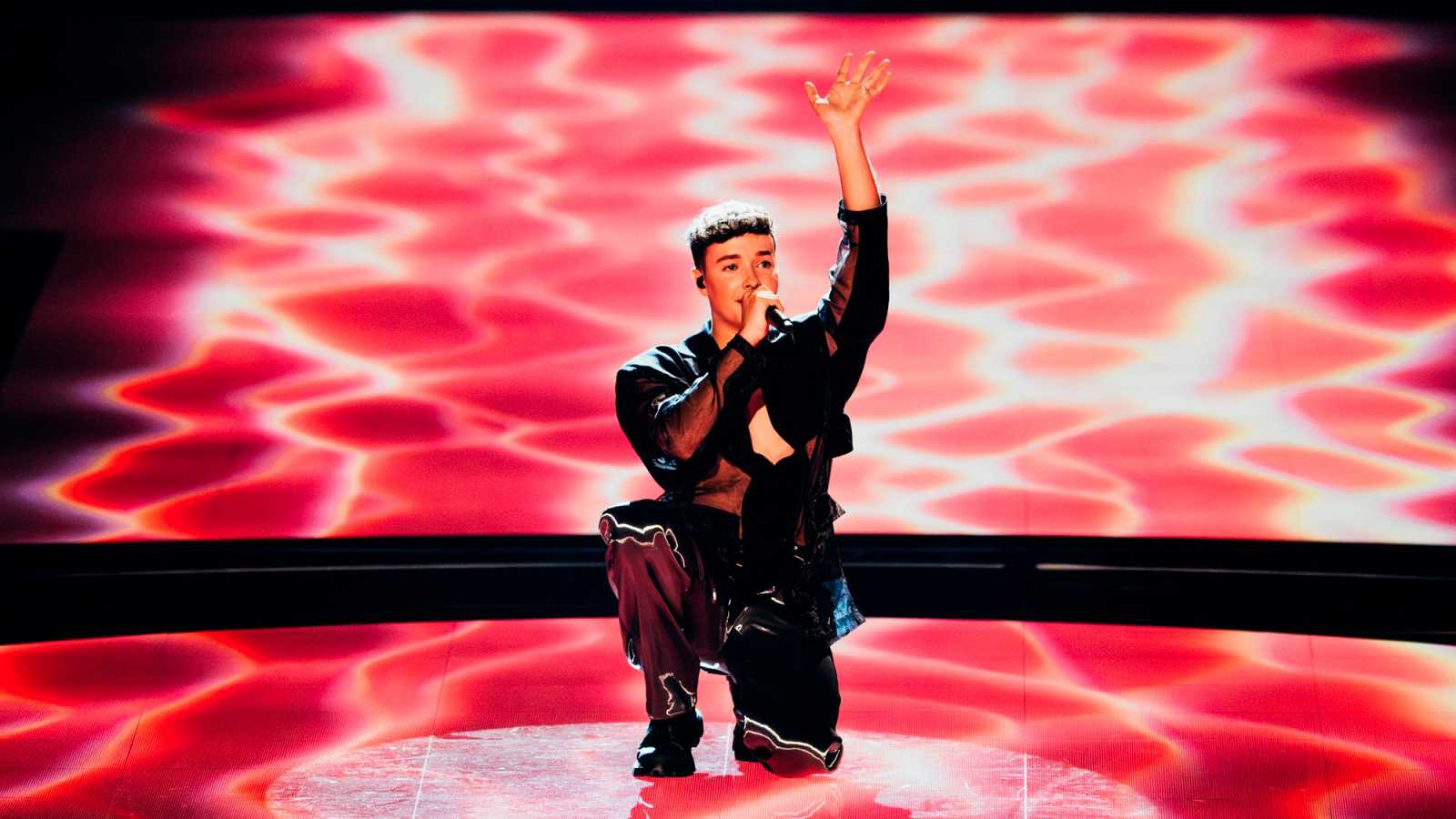Switzerland has a rich and storied history in the Eurovision Song Contest, having participated since the very first edition of the competition in 1956. Over the years, Switzerland has experienced both triumphs and challenges in this renowned musical event.
Switzerland achieved immediate success in Eurovision, winning the inaugural edition in 1956 with Lys Assia’s captivating performance of “Refrain.” This victory set the stage for Switzerland to become the first-ever host country of the contest in 1957.
In the early years, Switzerland enjoyed remarkable consistency, finishing in the top four on multiple occasions. In 1988, the country achieved its second victory with Celine Dion, representing Switzerland with the song “Ne partez pas sans moi.” This win propelled Celine Dion to international fame and remains one of the most memorable moments in Swiss Eurovision history.
However, in the following decades, Switzerland faced some challenges and struggled to replicate its earlier successes. The country had periods of non-qualification and disappointing results, leading to occasional absences from the competition. Switzerland’s last qualification for the grand final before 2021 was in 2014.
In recent years, Switzerland has experienced a resurgence in Eurovision. The country has embraced a fresh approach to selecting its entries, introducing national selection shows like “Die Entscheidungsshow” and “Eurovision Song Contest: Die grosse Entscheidungsshow.” This revamped selection process has helped Switzerland regain its competitive edge.
Switzerland has been represented by several notable singers in the Eurovision Song Contest throughout its history. Here are a few of the most famous singers who have participated on behalf of Switzerland:
- Celine Dion: One of the biggest names associated with Switzerland’s Eurovision history is Celine Dion. In 1988, she represented Switzerland and won the contest with the song “Ne partez pas sans moi.” This victory helped launch her illustrious international career.
- Lys Assia: As the winner of the very first Eurovision Song Contest in 1956, Lys Assia holds a special place in Swiss Eurovision history. She participated for Switzerland again in 1957 and 1958, making her one of the early pioneers of the competition.
- Sebalter: Sebalter, also known as Sebastiano Paù-Lessi, represented Switzerland in 2014 with the song “Hunter of Stars.” His energetic performance and folk-inspired entry earned him a spot in the grand final, capturing the attention of Eurovision fans.
- Gjon’s Tears: Gjon Muharremaj, known by his stage name Gjon’s Tears, gained significant recognition as Switzerland’s representative in the 2020 Eurovision Song Contest. His powerful performance of “Répondez-moi” showcased his exceptional vocal abilities and secured a third-place finish.
- Vanilla Ninja: Although not originally from Switzerland, the Estonian all-female band Vanilla Ninja represented Switzerland in 2005 with the song “Cool Vibes.” They brought a dynamic rock sound to the contest, and their participation introduced a new musical genre to Swiss Eurovision history.
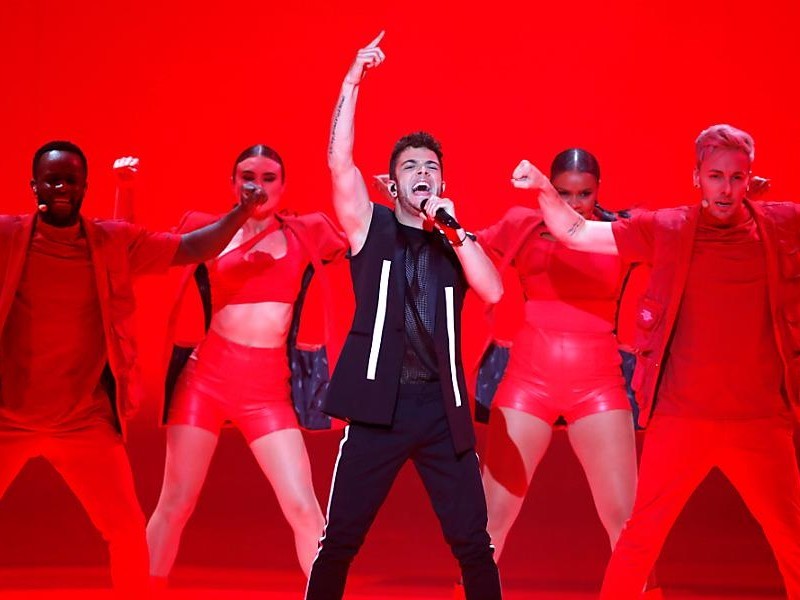
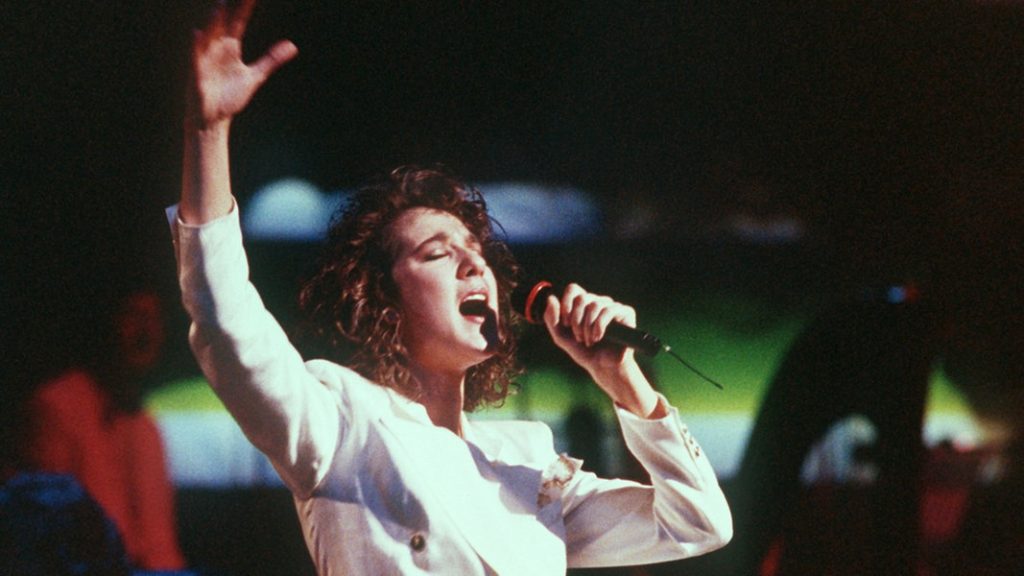
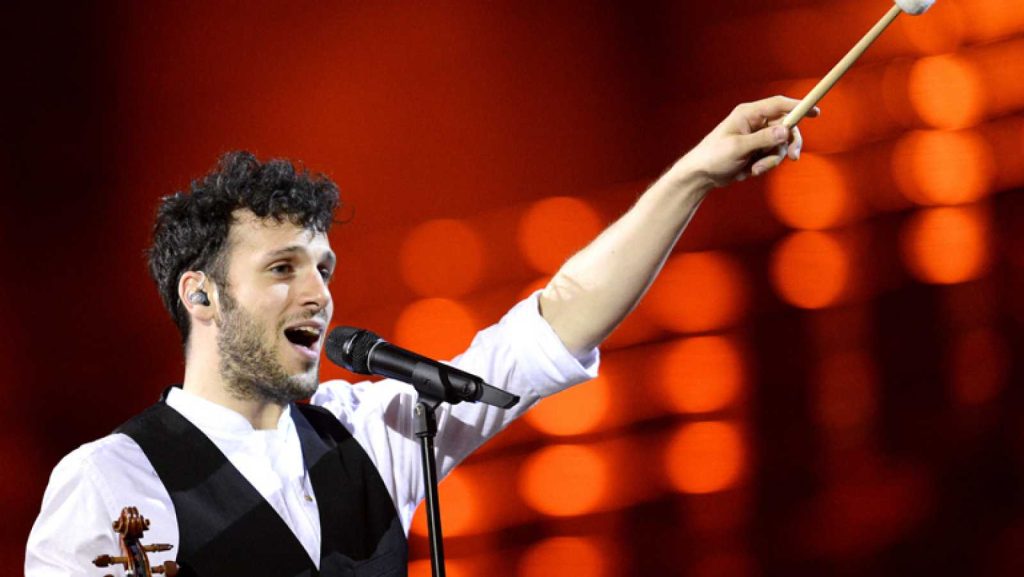
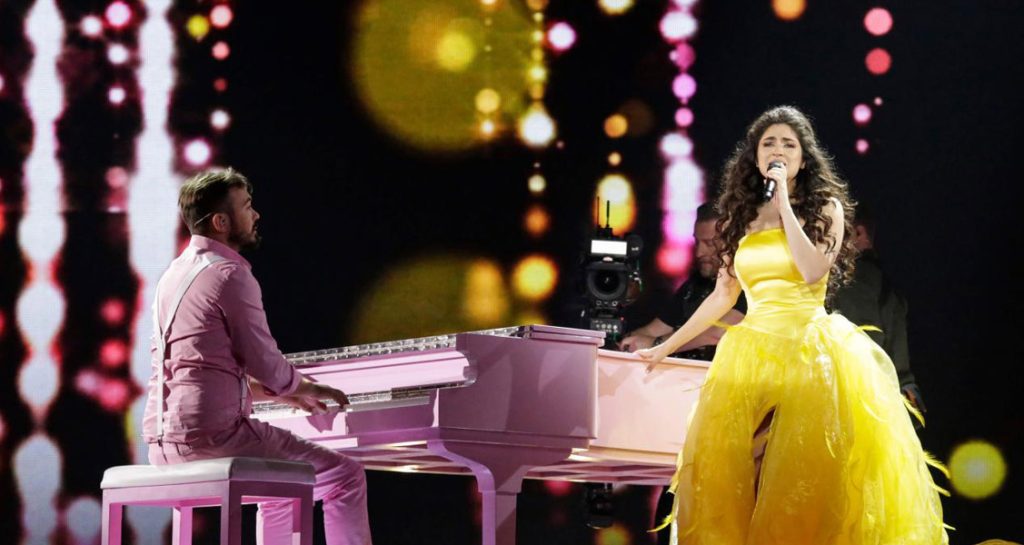
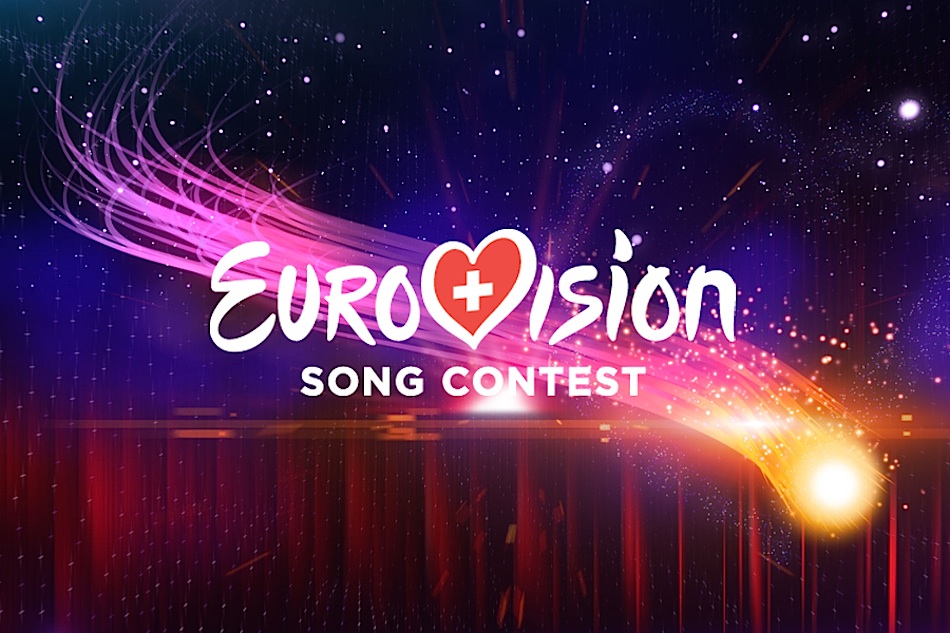
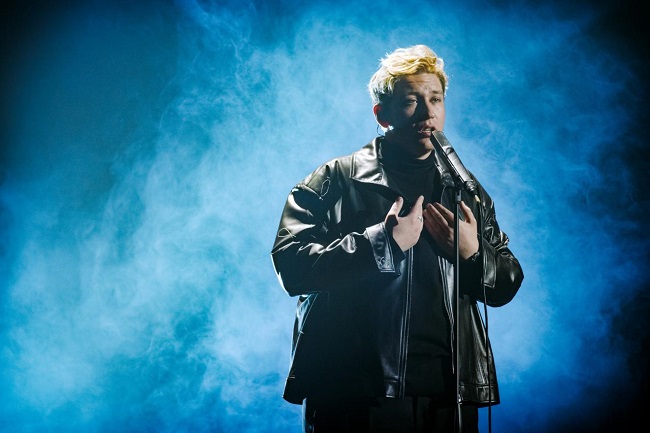
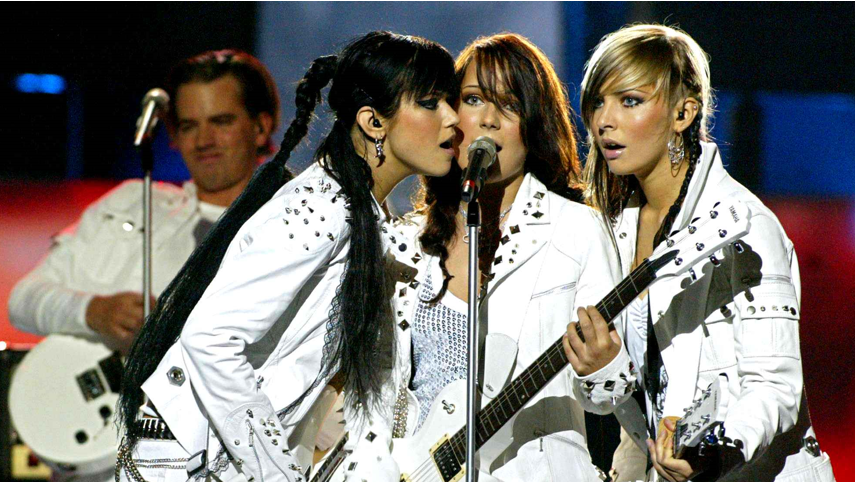
These singers, among others, have left a lasting impact on Switzerland’s Eurovision legacy through their performances and achievements in the competition.
In 2019, the duo Luca Hänni represented Switzerland with the infectious pop song “She Got Me,” which finished in a respectable fourth place. This marked Switzerland’s best result in over a decade. The following year, Switzerland continued its success by internally selecting Gjon’s Tears, who delivered a powerful and emotional performance with “Répondez-moi” and secured a remarkable third place in the 2020 contest, which took place remotely due to the COVID-19 pandemic.
In 2023 Switzerland was represented by Remo Forrer with “Watergun” and became 20th on the list. Remo was previously known for winning the third season of the TV talent show The Voice of Switzerland in April 2020.
Switzerland’s recent achievements have sparked renewed enthusiasm and optimism for the future of the country’s Eurovision journey. With its long-standing participation and a commitment to fresh approaches in selecting its entries, Switzerland remains an influential and respected presence in the Eurovision Song Contest. Fans eagerly await Switzerland’s future performances, hoping for more memorable moments and continued success in this celebrated international competition.

